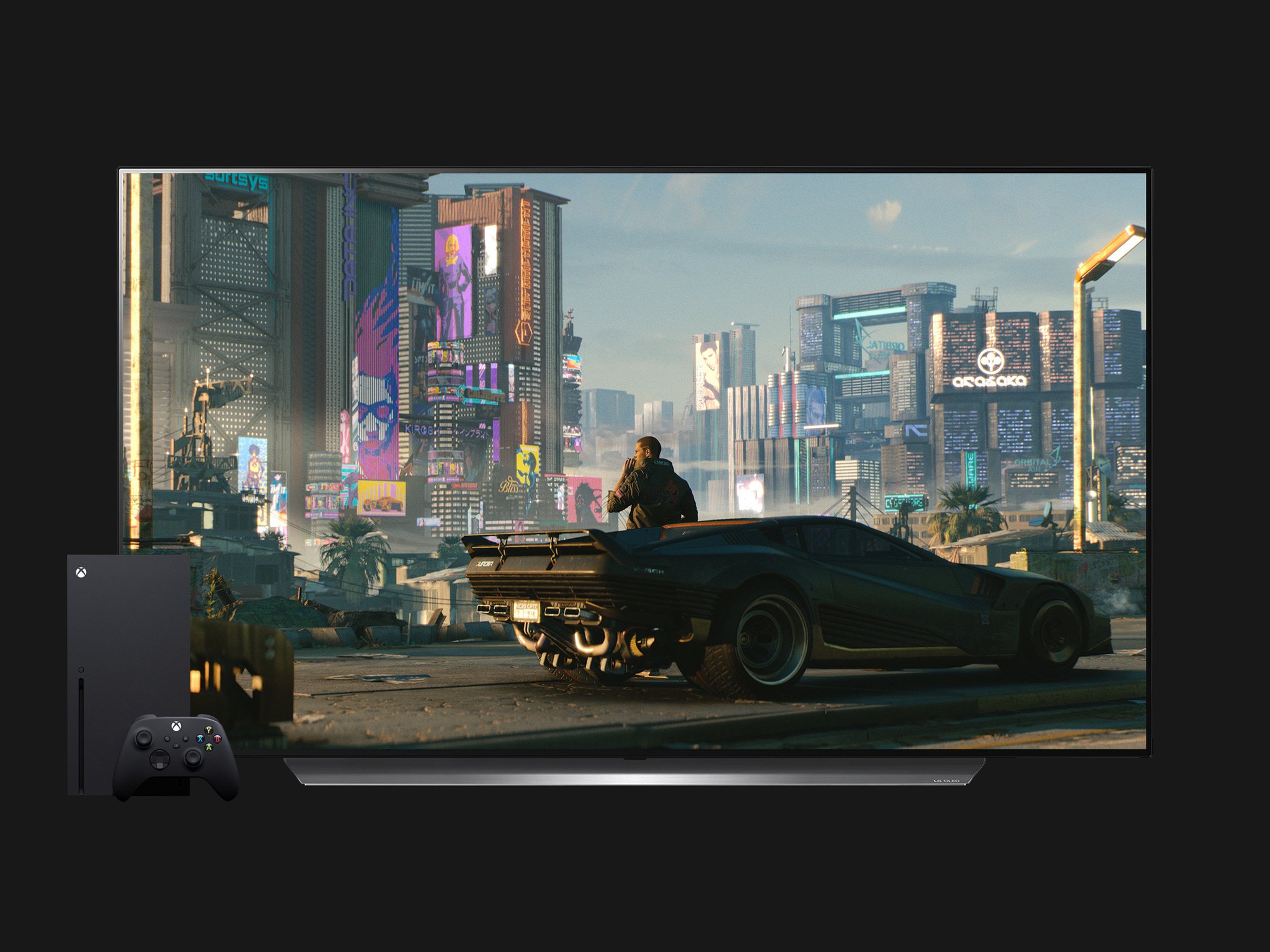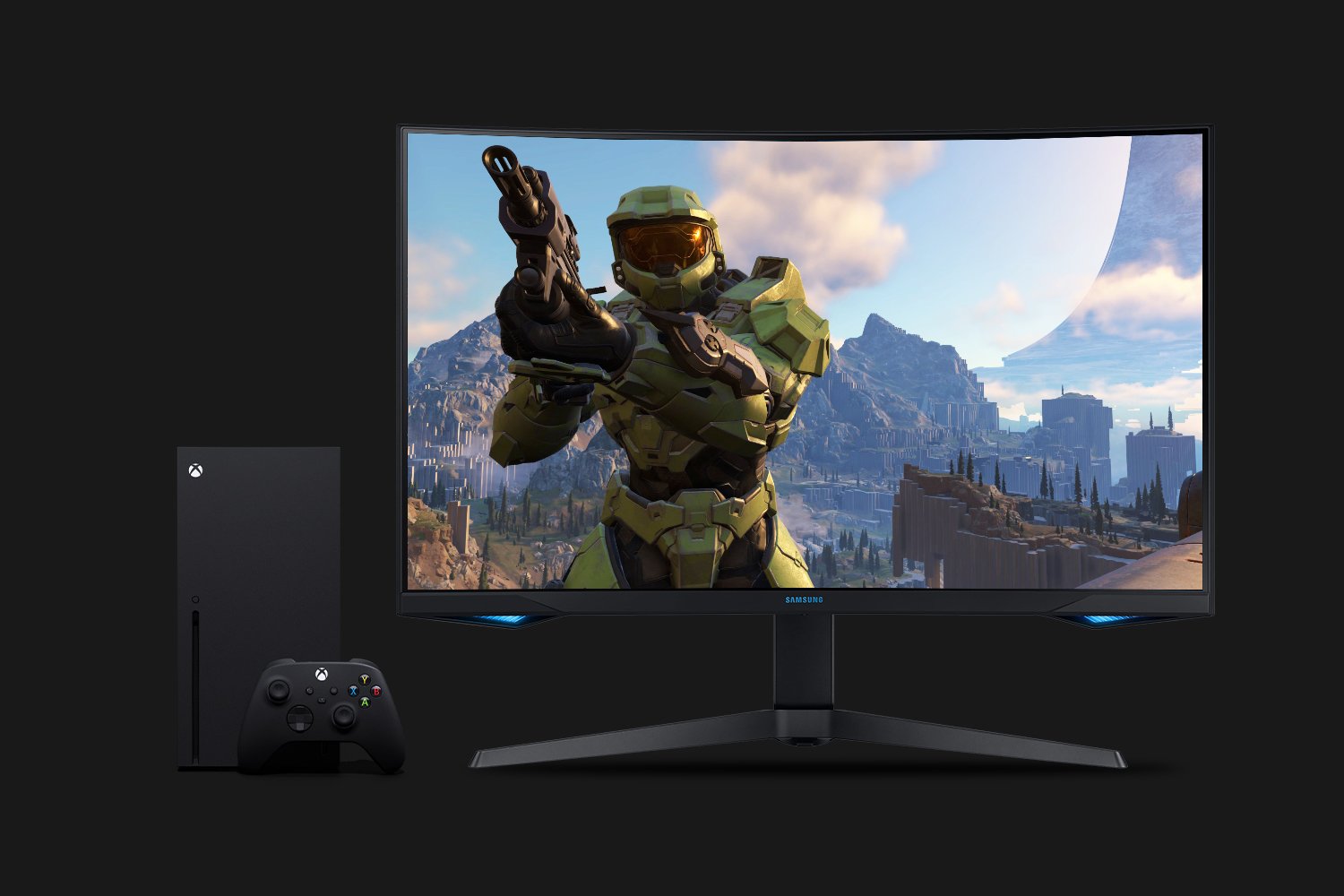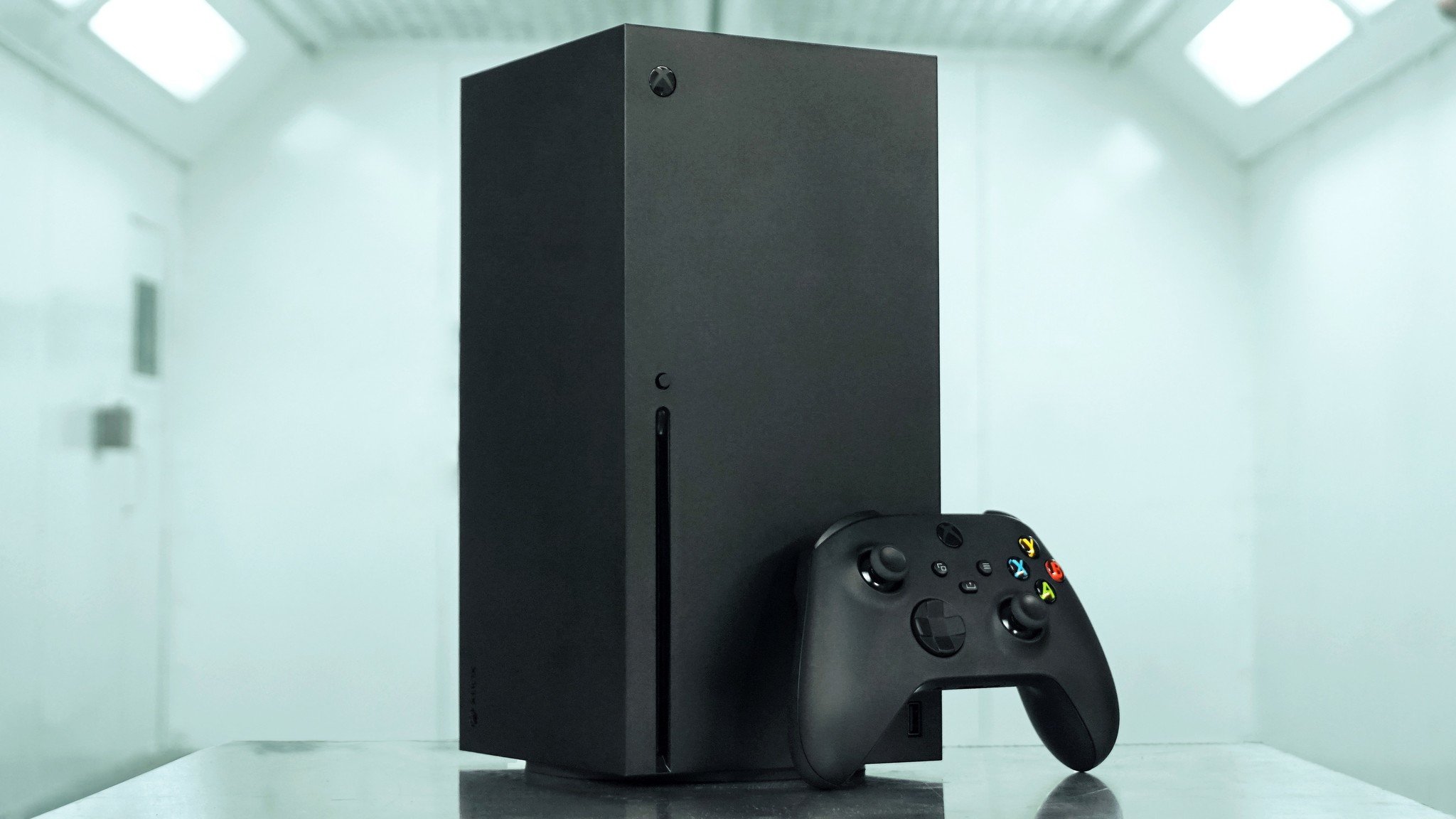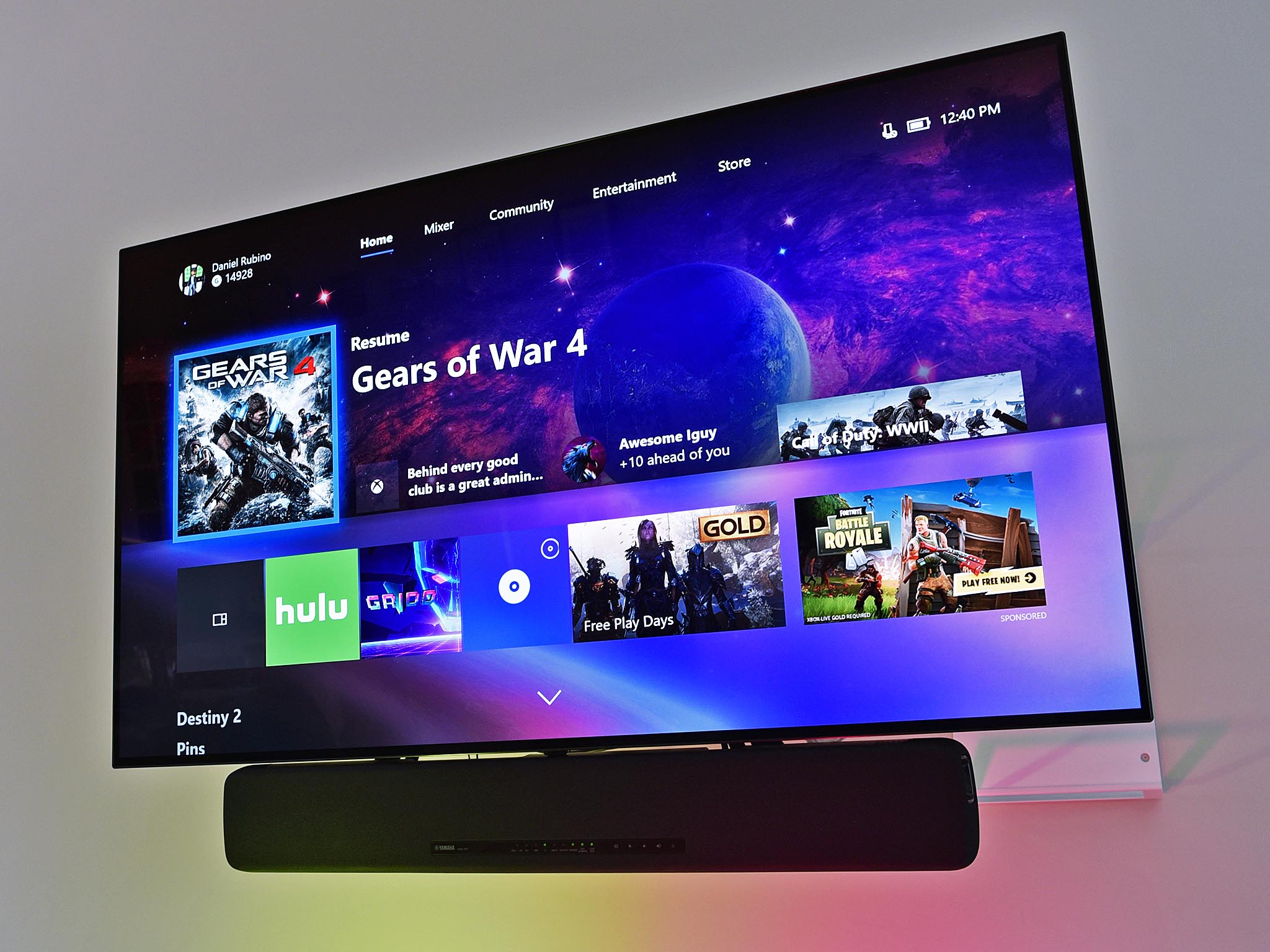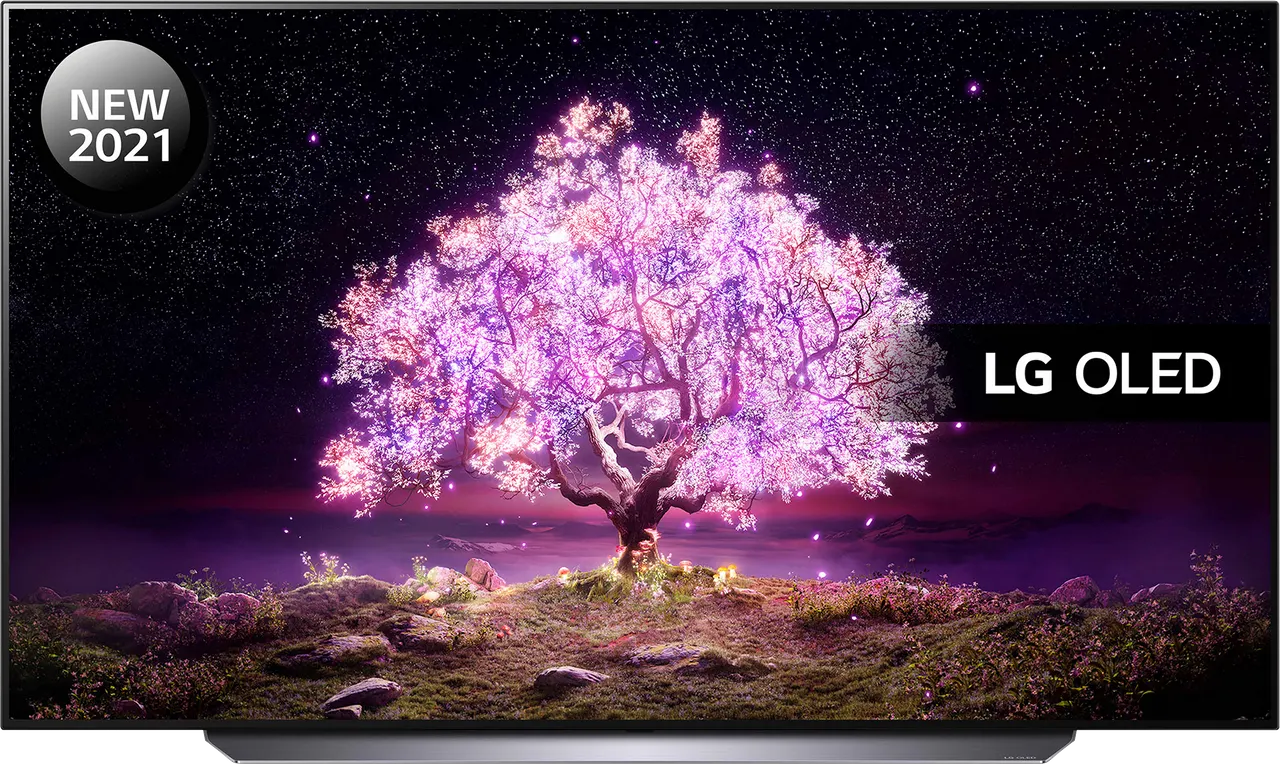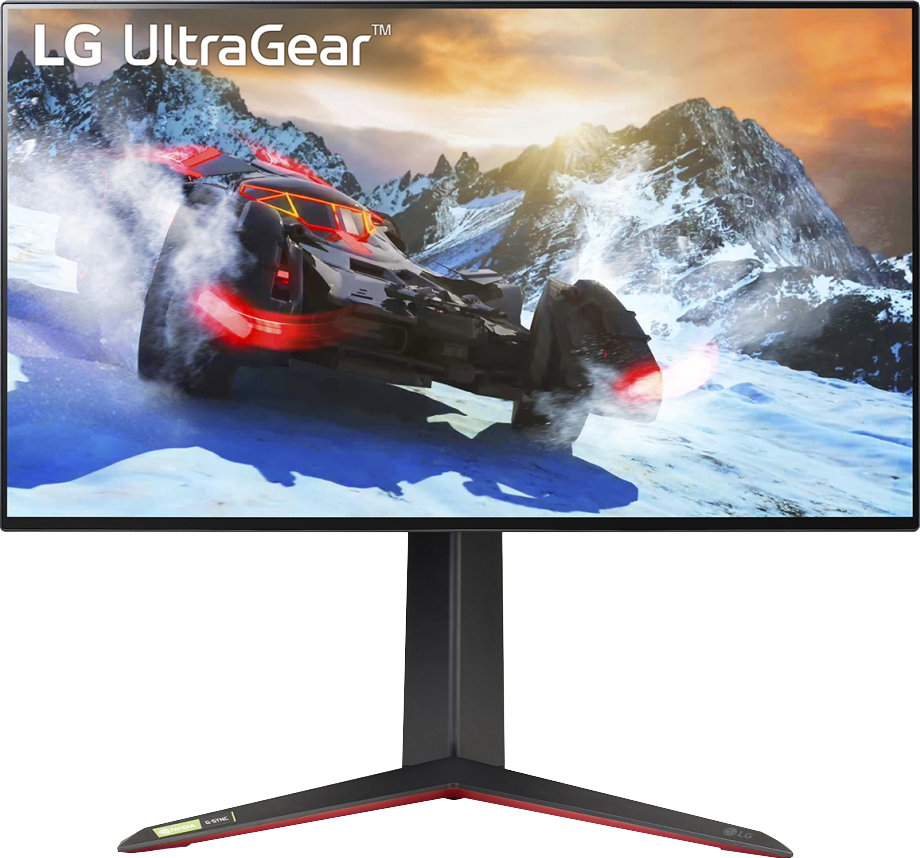Is a 4K TV or monitor better for Xbox gaming?
The answer depends on how you plan to use your console.
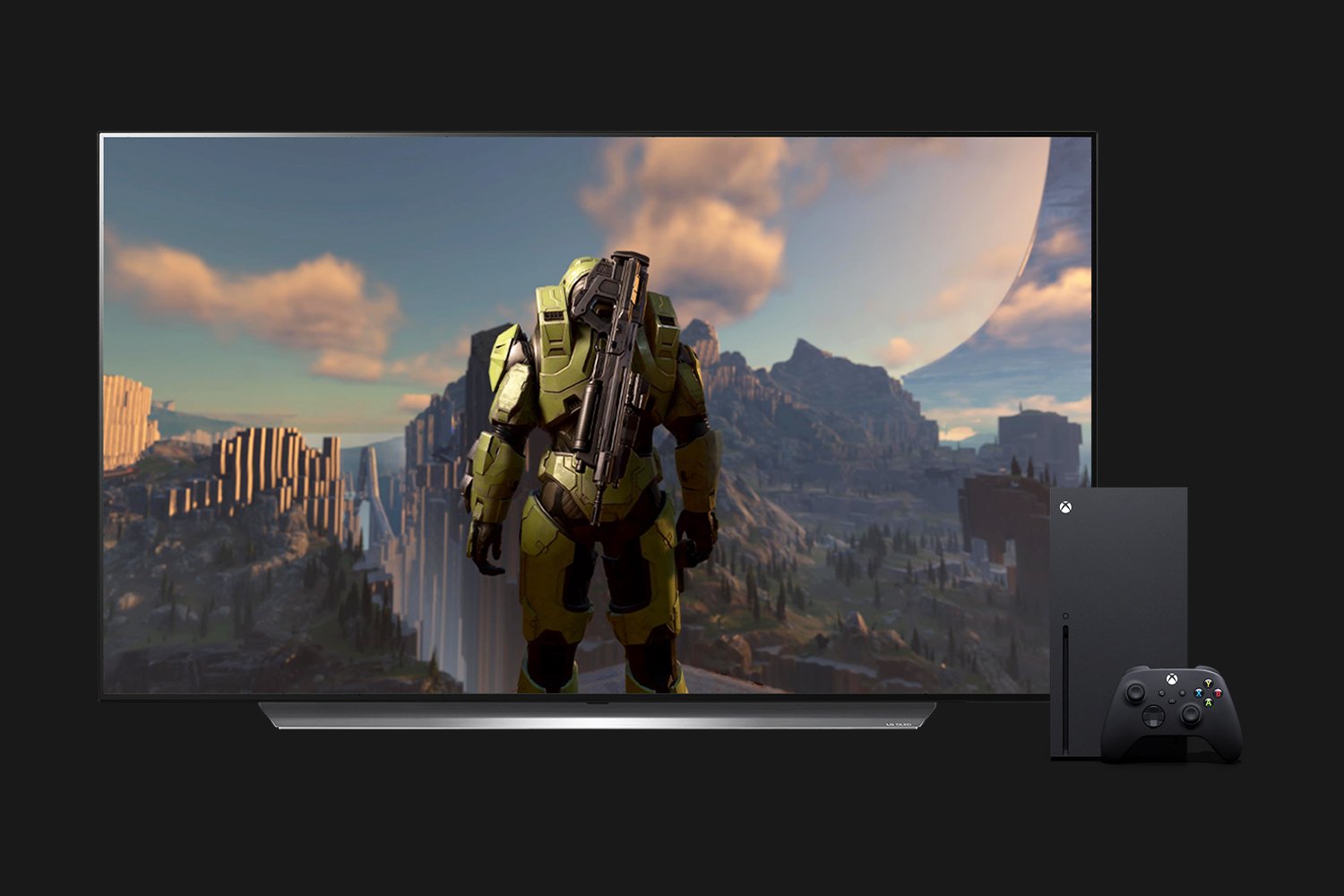
All the latest news, reviews, and guides for Windows and Xbox diehards.
You are now subscribed
Your newsletter sign-up was successful
The Xbox Series X features support for smooth and stable 4K 120Hz gaming, but if you want to actually enjoy it, you'll need to buy a high refresh rate 4K display. There are two options for this: TVs or monitors. Both display types are excellent and share many modern features like support for HDR, high refresh rates, and variable refresh rate, but is a 4K TV or monitor better for Xbox gaming?
The answer ultimately depends on how you plan to use your Xbox, as both TVs and monitors have some unique strengths and weaknesses. Here's an overview of all the benefits of both TVs and monitors, as well as recommendations for which display to use based on your needs.
Why you should use a TV for Xbox gaming
The biggest advantage that TVs have over monitors is that they're much better suited for gaming from the couch. In situations like these, you're going to need a larger screen since you'll be far away from where your Xbox is set up. And while there are large gaming monitors on the market, they're significantly more expensive than a comparably sized TV. Therefore, we recommend using a 4K TV if you plan to game while kicking back on the sofa.
Because of their large size, TVs are also better than monitors if you're planning on using your display for more than just gaming. If you want something that's ideal for watching TV or movies with family and friends, for example, you're going to want a TV.
It's also important to note that while the price gap between 4K TVs and 4K monitors has narrowed in recent years, even the best 4K TVs are generally more affordable than comparable monitors. This is because monitor manufacturers need to include more pixels per inch (PPI) for 4K since monitors are smaller, which is an expensive process. Some TVs can get pricier than monitors at extreme screen sizes, though.
Why you should use a monitor for Xbox gaming
While TVs are generally considered the standard option for game consoles, the best monitors for Xbox Series X can be a great fit, too. If you're planning on playing your Xbox while sitting at a desk, you should use a monitor since they're smaller and significantly more comfortable to use than a TV up close. Even if you're not using a desk, monitors are great for people who don't have much living space and can't put much space between their seat and their console setup.
Gaming monitors also have faster response times than TVs, which is valuable for competitive gaming. Response time refers to how quickly each pixel can change colors. If a display has a slow response time, the user may experience a blurred image during quick in-game movement as the screen struggles to keep up. When image ghosting like this occurs, your performance in games may be affected. These days, both TVs and monitors have fast enough response times that ghosting doesn't perceptibly occur, though since monitors are faster, most competitive gamers prefer them for the sharpest and cleanest image possible.
All the latest news, reviews, and guides for Windows and Xbox diehards.
Finally, monitors also have less input lag, which refers to the time it takes for the display to show the result of your button presses on the screen. More input lag makes games feel unresponsive and clunky, while less input lag makes playing them feel fluid and snappy. Like response time, lower input lag is incredibly valuable to competitive players. Notably, monitors used to have significantly less input lag than TVs, but TV technology has caught up. Nowadays, both TVs and monitors have low input lag, though monitors are still faster.
Features to look for
Regardless of whether you're getting a 4K TV or a 4K monitor, there are some features you should keep an eye out for when purchasing both. These will allow you to get the most out of your Xbox Series X. Note that some of these features will likely be absent from many of the budget-friendly displays on the market, so if you want all of them, you'll need to pay for something more expensive. Notable features include:
- 120Hz refresh rate or higher (enables up to 120FPS)
- HDMI 2.1 (enables up to 120FPS with 4K)
- Variable refresh rate (prevents screen tearing/stuttering)
- HDR (enables a wider range of colors and contrast)
Bottom line
Ultimately, whether you should get a 4K TV or a 4K monitor for your Xbox Series X depends on how you're planning to use the console, what your gaming space looks like, and the types of games you play. Players who prefer to relax on the sofa while gaming or use their display for TV and movies with others between gaming sessions, or both, should get a TV. Additionally, TVs are also a little less expensive than monitors on average, making them a good choice if you have a limited budget.
Monitors, meanwhile, are best for people who game at a desk or in tight spaces due to their smaller size. Monitors are also ideal for competitive gamers who want the fastest response time and lowest input lag possible, which will give them the best chance at success on the virtual battlefields.
No matter which display type you opt for, you should make sure that your chosen screen has at least some of the features mentioned above. Our favorite feature-rich TV for the Xbox Series X is the LG C1, which combines gorgeous 4K visuals with HDMI 2.1, a 120Hz refresh rate, variable refresh rate, HDR support, and screen sizes that range from 48 inches all the way up to a gargantuan 83-inch panel. If you'd prefer a monitor, we highly recommend the 27-inch LG 27GP950-B, which comes with 4K, HDMI 2.1, a 144Hz refresh rate, variable refresh rate, HDR, and a blazing-fast 1ms response time.

Brendan Lowry is a Windows Central writer and Oakland University graduate with a burning passion for video games, of which he's been an avid fan since childhood. He's been writing for Team WC since the summer of 2017, and you'll find him doing news, editorials, reviews, and general coverage on everything gaming, Xbox, and Windows PC. His favorite game of all time is probably NieR: Automata, though Elden Ring, Fallout: New Vegas, and Team Fortress 2 are in the running, too. When he's not writing or gaming, there's a good chance he's either watching an interesting new movie or TV show or actually going outside for once. Follow him on X (Twitter).
